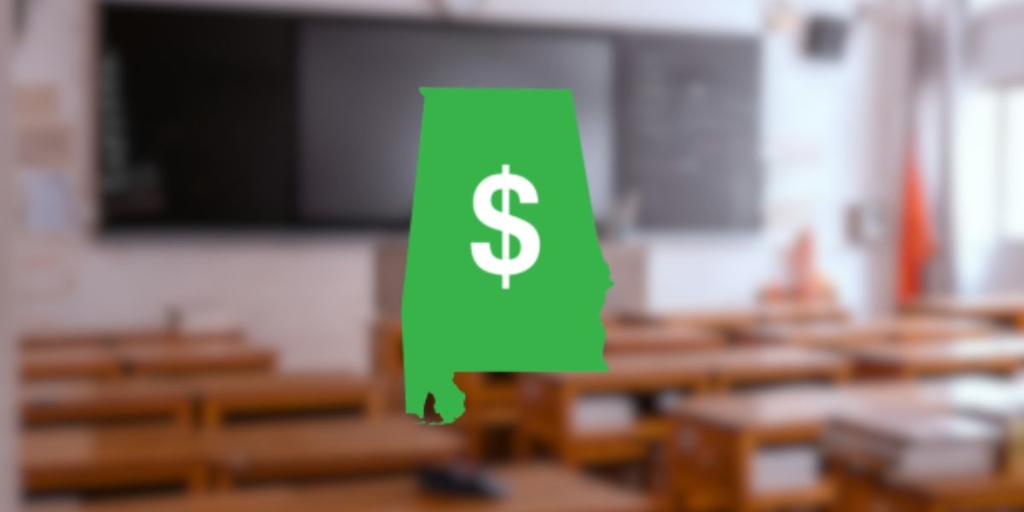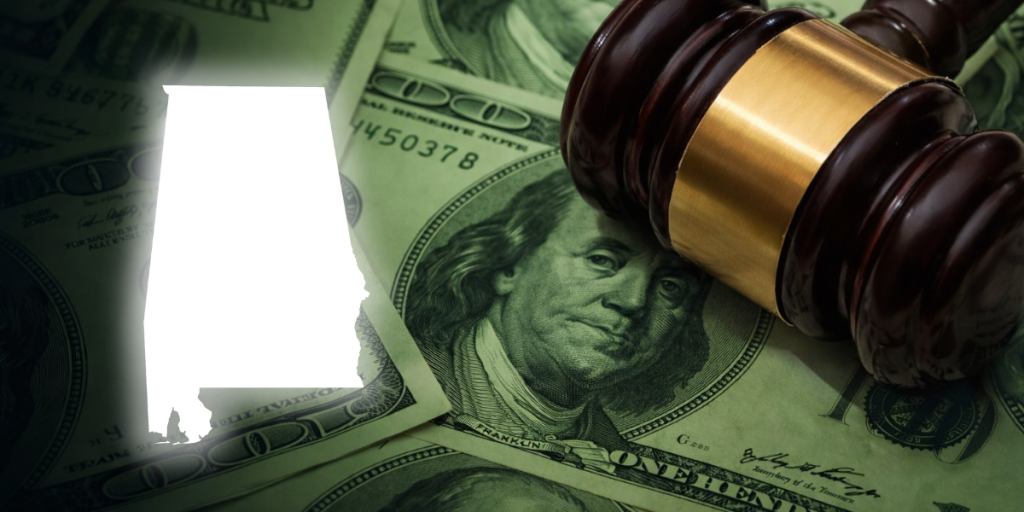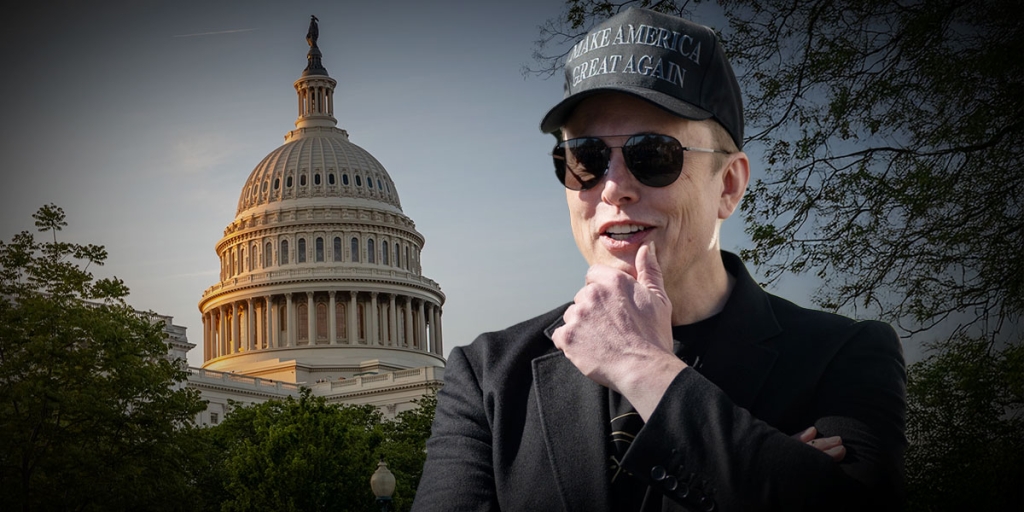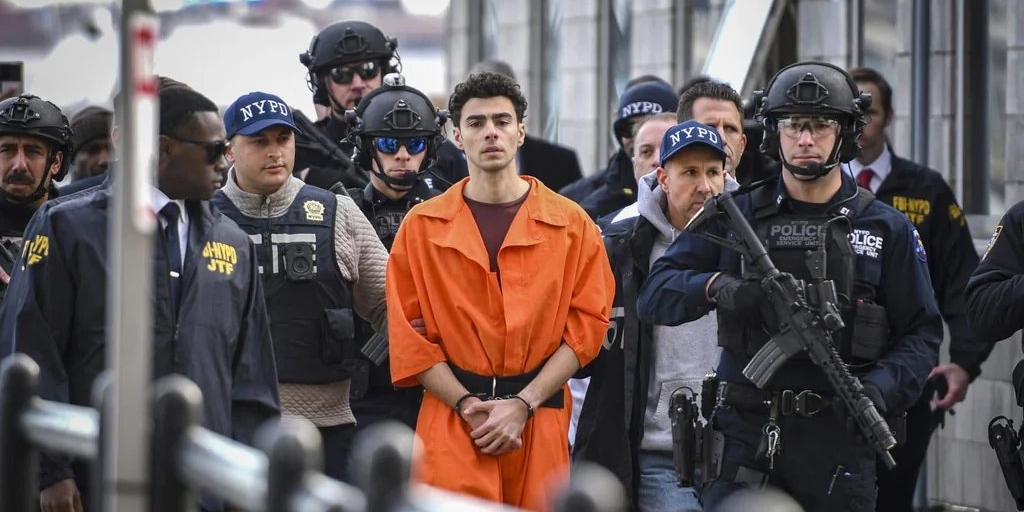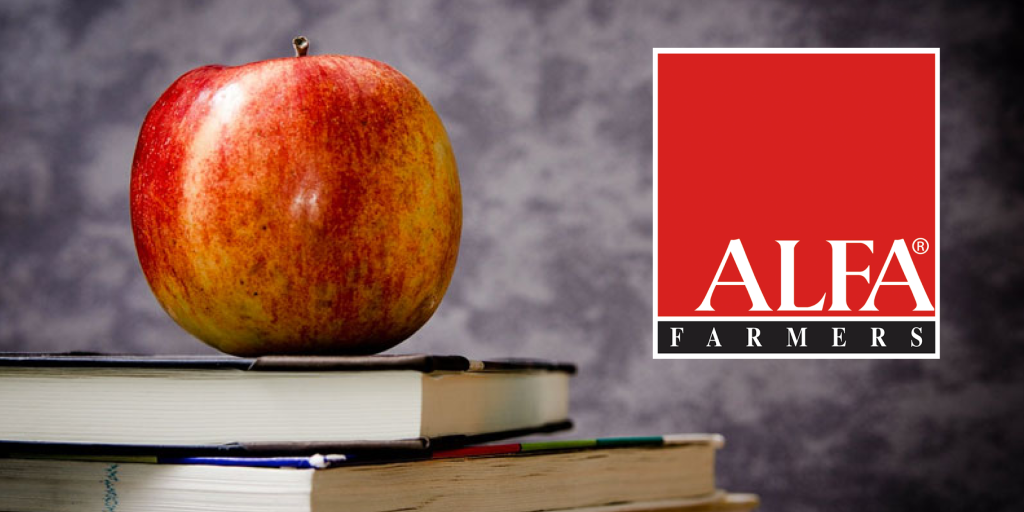A recent Heartland Institute and Rasmussen Reports poll found widespread irregularities in the 2020 election. While whether this proves theft of the presidential election is debatable, it certainly demonstrates serious issues with voting by mail.
The poll was conducted during the first week of December with 1,085 respondents. Thirty percent of respondents claimed to have voted by mail in 2020; some questions were asked only of mail voters. The margin of error was 3 percentage points.
The poll has received considerable attention, including a post from President Trump, “This is the biggest story of the year!” The headline results:
- 21% of mail voters answered affirmatively to, “did you fill out a ballot, in part or in full, on behalf of a friend or family member?”
- 17% said that they signed “a ballot or ballot envelope on behalf of a friend or a family member.”
- 17% of all respondents reported voting, “in a state where you were no longer a permanent resident.”
- 8% said they were offered a payment or reward for voting by “a friend, family member, or organization.”
A first consideration is the potential for deliberately incorrect responses. Some respondents might have been reluctant to report misconduct, even in a survey. But I could also see Trump supporters answering to undermine the credibility of the contest. The official margin of error may not be accurate.
Some of this fraud is not terribly heinous. Assisting a parent or grandparent confused about marking the ballot or signing their ballot for them at the post office would qualify as fraud. The one-in-five fraudulent ballots headline does not involve votes being changed or ineligible persons voting.
Additionally, the irregularities would not necessarily benefit either party. A second-order advantage for President Biden, who received a higher share of the mail-in than in-person votes, might exist, even if Democrats and Republicans were equally likely to commit inadvertent fraud. So, excluding all fraudulent ballots might have changed some swing state outcomes.
Payments for voting concern me the most. Vote selling has some merits but is not currently allowed. Mail-in ballots let voters show others how they voted, enabling vote purchases. Yet survey responses may be based on joking offers by relatives or friends.
The allegations of fraud by President Trump, Rudy Guiliani, and Sydney Powell involved boxes of bogus votes and rigged voting machines. This survey offers no evidence of such misconduct, but clearly indicates vulnerabilities of mail-in voting. A voting process yielding one in five fraudulent ballots does not inspire confidence. And the inadvertent fraud is so easy, intentional fraud must also be possible.
Mail-in voting helped over 20 million more Americans vote in 2020 than 2016. Economics predicts that more people will vote (or do anything) when the cost falls. Changes in how we vote (by mail, electronically, or making election day a holiday) which increase turnout and yield different results than if fewer persons voted is not fraudulent.
The unfamiliar is often frightening, so many Americans naturally worried about security with voting by mail. These fears, even if unfounded, are sincere. And yet these concerns were not taken seriously and patiently addressed. Instead, anyone voicing concerns was vilified as an election denier.
I think President Trump opportunistically exploited election integrity concerns. The promised evidence of fraud was never produced. And since Rudy Giuliani has been sued into bankruptcy over defamation claims, I presume evidence of rigging is nonexistent.
What can be done to secure elections? I do not view eliminating voting by mail (or opposing technology generally) as a path forward. Continuous updating of voter registration rolls should reduce voting in states where people no longer live. We should make people request a mail ballot. And Justin Haskins of the Heartland Institute suggests notarizing mail-in ballots, with free notary services available.
Democracy ultimately de-escalates political conflict. People forego extralegal means of conflict and wait until the next election. If we view other Americans as fellow citizens, we should ensure everyone can vote and have confidence in the process. We are a long way from this goal.
Daniel Sutter is the Charles G. Koch Professor of Economics with the Manuel H. Johnson Center for Political Economy at Troy University and host of Econversations on TrojanVision. The opinions expressed in this column are the author’s and do not necessarily reflect the views of Troy University.





